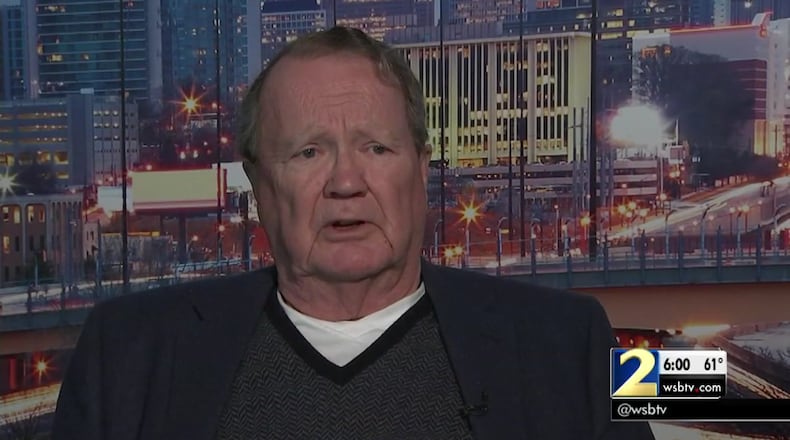An Oklahoma Indian tribe wants to build a casino on its ancestral Georgia land. Gov. Nathan Deal said it's not going to happen.
The long-shot plan was proposed by the United Keetoowah band of the Cherokee, whose lawyer told Channel 2 this month the tribe aimed to return to the north Georgia land it was driven from and build a gambling paradise atop it.
Georgia lawmakers are wrestling with a broader measure that would legalize gambling at casinos - er, "destination resorts," - and funnel a chunk of the tax revenue to higher education. The tribe's attorney, Richard Lea, pitched his casino proposal as a backup option if the legislation failed.
"They can partner with an Indian tribe," Lea said of the two gambling firms he said were interested in the deal. "They can cut through the regulation and on an expedited basis, they can get approval and build an Indian casino a lot quicker."
There are no Indian reservations or federally-recognized Native American tribes in Georgia, though the Cherokee were once the among the most populous and successful Indian tribes in the Southeast. They were forced out of their north Georgia home in the 1820s and 1830s during the Trail of Tears, which left thousands dead, and remnants of the tribe remain in Oklahoma.
A return that brings with it gambling on federally-protected land managed by a Native American tribe - and not the state of Georgia - does not sit will with state leaders.
Deal, among the biggest gambling skeptics in the statehouse, has already urged the casino firms circling Georgia to up the ante on how much tax revenue they will fork over. He said he can't stomach losing jurisdiction of that debate to the feds.
"My personal opinion is I don’t think we want that in our state," Deal said of the tribe's plan. "If it were to go to a federally designated Indian reservation we lose that local control. And I’m not in favor of losing that control."
About the Author
The Latest
Featured



